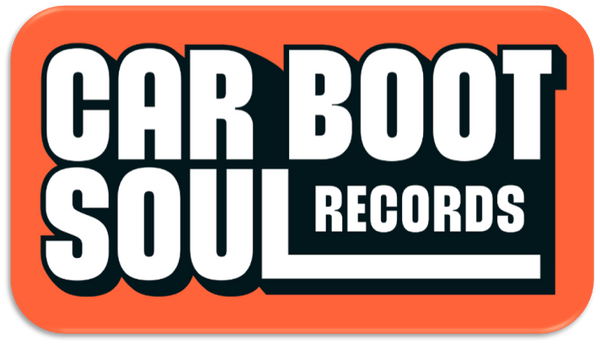Some time ago, I got together with a couple of friends to listen to John Coltrane’s seminal Blue Note album Blue Train. We occasionally get together to listen to music on vinyl; hosted by Ale, an engineering wiz who has built his own turntable, speakers and amp with top-end components; another friend Dave, an ex-professional Jazz musician. Alcohol is involved so we make sure that any serious listening is done in the early part of the evening.
I was interested to get my friends’ take on this album which has fascinated me for a long-time. My first copy was a humble “black B label” from the 70s, in slightly above average condition, found in the British Heart Foundation shop in Streatham 20 years or so ago.
When John Coltrane looked back in 1960, he pointed to Blue Train as the recording that best represented him. Though grounded in hard-bop, the album already shows him reaching further: earthy blues licks rub against nimble bebop twists, with densely layered notes and crackling with raw vitality. Together with Giant Steps, it is a Jazz landmark.
Blue Train has seen more reissues than almost any other jazz album, with every successive owner of the Blue Note catalogue putting out their own version. Its cumulative sales—across all formats—reportedly reach into the millions, an extraordinary feat for a jazz title. On Discogs, it has 313 different entries, including geographical variants. Unsurprisingly, it's also become a favourite for high-end audiophile pressings on heavyweight 180g and 200g vinyl. With so many versions, ranging from the awful DOL repressing (not even worth it for the artwork as they didn’t have permission to use it) most likely using a CD as its source; to originals costing hundreds of pounds, it raised the question which to buy and which Car Boot Soul should try to source and stock.
Sadly, we did not have a first edition at our disposal. The closest we could get was a lovely 1963 Mono reissue (BLP 1577, New York USA, Van Gelder, Deep Groove both sides) in cool Excellent condition.


For comparison we had a 1970 Stereo repress (BST-81577, Black b labels), a US DMM reissue from the 1990’s and the latest audiophile reissue from Blue Note – a mono BLP 1577 Mono Tone Poet.
I organised the listening so that it was blind and played the title track from each record in turn. I played the 1963 original first. From the first trumpet blast of the opening title track, we were all stunned. One pressing immediately stood out. It felt alive. Trane’s horn wasn’t just coming through the speakers—it was in the room with us, sharp-suited and sweating under stage lights. That was the 1963 mono reissue: deep groove both sides, Van Gelder cut, that magic etched into every groove. There was bite, warmth, and that visceral quality you can’t fake or EQ into being.
Finally, the 1990s DMM. This version was noticeably different. The tonal balance leaned toward the high end, with a slightly thinner presentation. Some of the depth in the bass was missing, and the horns lacked the body we’d heard earlier in the evening. It wasn’t unlistenable—clean, quiet vinyl, no distortion—but emotionally it didn’t connect in the same way. Technically serviceable and clear, but it felt somewhat distant, even clinical – almost like listening to a CD!
Then the 1970 repress entered, my old “black B” friend. This one came with nostalgia baked in. Familiar, warm, very listenable. A solid, no-frills rendering of the session. It lacked the immediacy of the first two, but had its own charm—less hi-fi, more hi-memory.
Next came the Tone Poet—a modern marvel. Pristine and polished, it’s an exceptional reissue: wide soundstage, deep clarity, and remarkable dynamics. It was close to the '63, but slightly more restrained. Everything was in its place, but some of the edge was missing. The music was still powerful, but it felt a touch more considered, less raw.
In the end, our ranking was unanimous:
So there it is. If you ever find a clean early mono cut, grab it and never let go. The Tone Poet is an excellent and widely available choice, but beware the budget repressings unless you’re building a coaster collection. For us, the music of Blue Train is more than notes—it’s a time machine, a test of fidelity, and on a good night, a spiritual experience.
All these records are available for sale now at Car Boot Soul!

